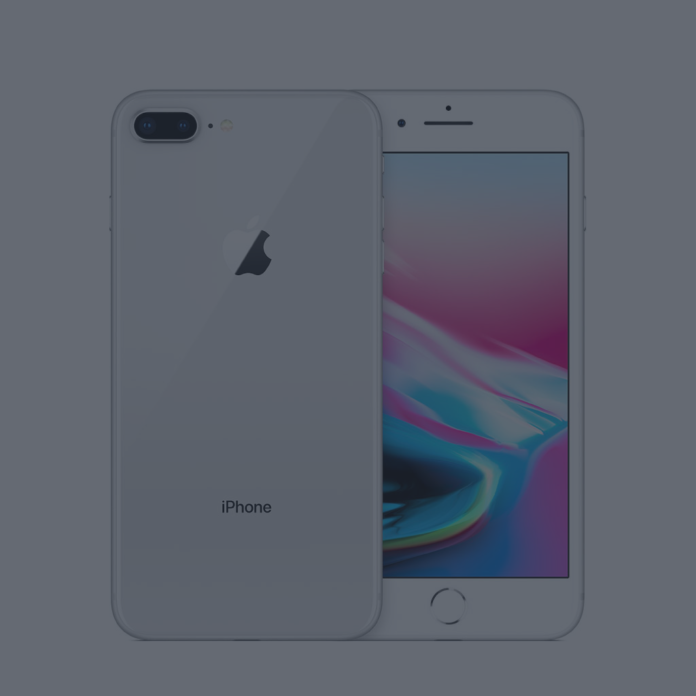NDIA: There are more than just doping concerns that surface when a hacker gang gains access to the Rio Olympics database and leaks passwords.
Also, it confirms that spear-phishing, in particular, works when someone truly wants it to. When a phishing attack is acutely targeted and personalised for a target with specially-designed hooks, the results resemble the one that the Olympic-hack has presented. Typically, a phishing attack provides the user with a bait to open a link from a supposedly-trusted source and then infects a device.
In this most recent incident, the hacking group gained access to athlete data, including private medical information and Therapeutic Use Exemptions provided by international sports federations (IFs) and national anti-doping organisations (NADOs) in relation to the Rio Games, and they also allowed the public to see some of that data. Even worse, there might be additional information forthcoming because a threat was implied.
According to the World Anti-Doping Agency’s initial claims, a Russian organisation did obtain certain confidential medical information and drug test results related to the Olympics in Rio de Janeiro. While the International Olympic Committee cleared the names of any improper substance violations, tennis stars Serena and Venus Williams, four-time gold medalist in gymnastics Simone Biles, and Elena Delle Donne were included in the scope of the investigation. This incident connects, in an intriguing way, to the FBI investigation into alleged Russian government hacking, suspicions surrounding the 2016 U.S. elections, and the hacking of Russian whistleblower Yuliya Stepanova’s account.
The hacker collective Fancy Bear, also known as APT28, is suspected of recently hacking the French TV5 Monde station and may soon provide insider knowledge on other national Olympic teams as it reiterates its commitment to fair play and clean sport.
On the other side of the world map, mooncakes emerged as a brand-new kind of addiction, drugging workers to the point where they could sneakily hack into their employer’s business model.
Four workers of the Chinese e-commerce site Alibaba were caught using an internal website flaw to obtain discounted mooncakes around China’s Mid-Autumn Festival. According to media sources, these software experts solved the problem by adding plug-ins and other software to the website and rerouting some extra mooncakes to themselves because they had previously been unable to purchase a cake through the internal website.
Hacks are escorting joy and celebration everywhere, and in this case, Pokemon keeps stealing the show. In a recent instance, security experts discovered a malicious software on Google Play that pretended to be a gaming guide but was actually designed to seize total control of Android devices.
Researchers from Kaspersky Lab observed multiple layers of bypassing Google Play’s malware detection mechanisms in this case, and it was noteworthy that the app did not execute right away but instead counted down the seconds until another application was installed or removed to make sure it was on a real device and not in a simulated environment for malware-detection.
When it was certain, it would activate its malicious module by establishing a connection with a distant server and providing information about the target device, downloading exploits for escalation vulnerabilities, or gaining access to the most privileged account on Android. Although Google has released fixes for each of these flaws, the fragmented Android ecosystem still poses its own special challenges.
If Google was concerned, Apple was having issues of a different nature.
The excitement surrounding Apple’s most recent product introduction, the iPhone 7 Plus, allayed concerns that the company was losing market share, but pre-order constraints forced Apple to manage inventory pressures within stores even as customers stand in long lines both offline and online.
But is the new edition really worth all the chaos and commotion? With enhanced cameras, added water resistance, and the removal of the headphone port, this launch solidifies Apple’s preference for wireless audio as the future. Nevertheless, when one specifically searches for something novel or ground-breaking, this version may be just as unremarkable and unimportant as some recent ones, giving the distinct impression that Apple may be relegating smartphone innovation to the periphery. Hence, there are minor, incremental characteristics in a 5 or 6 or 7, but nothing incredibly astounding.
According to experts, Project Titan is just another clear indication that the iPhone will eventually become obsolete as cloud, IoT, smart cars, and integrated devices take over. A new era of the linked world may be gradually replacing the era of smartphones.
Apple may or may not create a new white space, but Samsung’s sector of the phone market has been active the past several days with explosions of a different sound.
Samsung was kept busy trying to minimise the damage after it was discovered that its most recent flagship smartphone, the Galaxy Note 7, was prone to explosions. The recalls were first voluntary and then formal. Sales of the Note 7 were stopped as soon as the flaw was discovered (one phone was discovered engulfing a customer’s Jeep), and subsequent investigations pointed to the battery cell as the culprit, causing a blow during anode-to-cathode contact and highlighting an uncommon manufacturing process error.
With so many phones already in shipping and stores, Samsung had to move quickly. The business used a variety of strategies, including a new bar code label for box identification, customer warnings, cautionary packaging, and online IMEI database initiatives. (There was even mention of a software upgrade which might intervene and lower the power during a charge for a Note, but it could not get official enough).
Therefore, that was the main focus of the last few days for the great names in technology.
Regulators were not idle either, it appears. Your next coffee shop visit may have changed already going by what EU was doing last week. When Europe’s top court rules that Wi-Fi providers are not subject to any copyright infringement liability that happens on their network, a lot changes for the user and the Wi-Fi provider.
Particularly when it includes a strong recommendation that a Wi-Fi operator should nonetheless request identity evidence from consumers before granting password access.
The 28-member state bloc’s free and anonymous Wi-Fi access may soon come to an end in bars, cafes, hotels, and other public places. Take identification with you when you go for coffee next.
Another complaint was raised and supported by the EU when Margret Vestager, the agency’s director of competition, looked into charges of anti-competitive behaviour levelled against online retailers by manufacturers and content creators. According to a research, up to 40% of retailers encounter some kind of pricing recommendation or price limitation from manufacturers. Furthermore becoming more common is seller geo-blocking.
Yet, if the EU feels strongly that enterprises should have the flexibility to publicly disclose their sales strategy online, it may change the direction of the wind. While it safeguards the interests of small and mid-sized enterprises and promotes fair competition, this action will also benefit online shoppers by providing them with more options and better prices.
A lot of path-defining changes and alarm bells are coming for the sector, given the way things are going. Disruption is in full swing, whether it be in online markets, Wi-Fi cafes, smart phone aisles, or cyber-security alleys.





